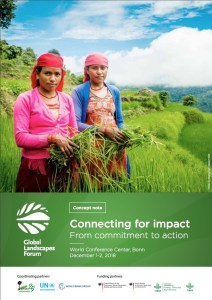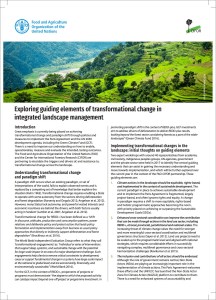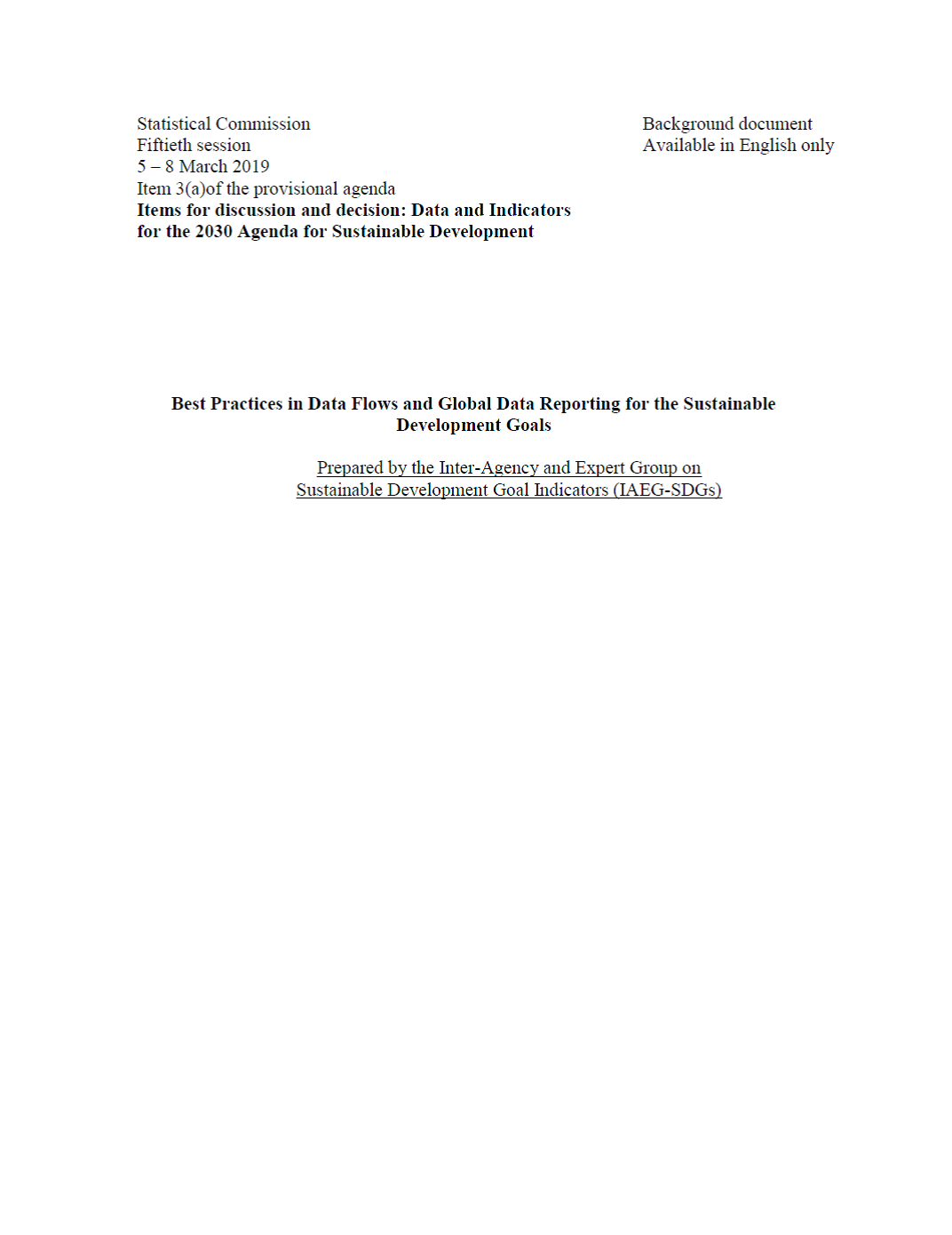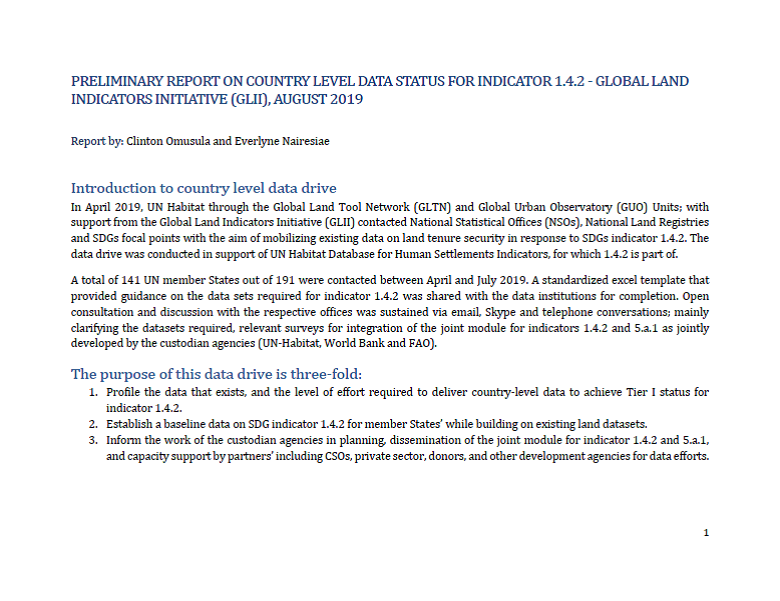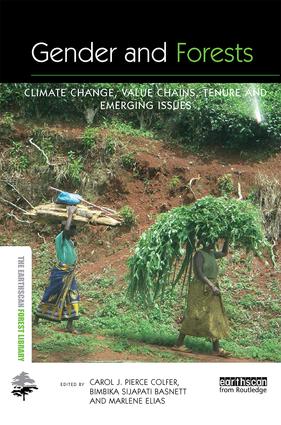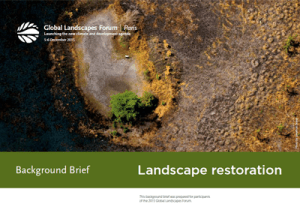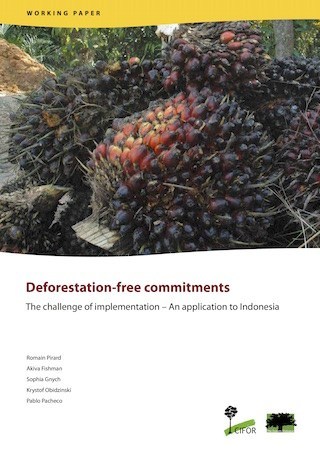2018 Global Landscapes Forum Concept Note
Unprecedented is the number of international efforts by governments and private actors alike that seek to foster sustainable landscapes around the globe for the wellbeing of humans and nature. Working towards achieving the Sustainable Development Goals, the Bonn Challenge, the New York Declaration on Forests, the Aichi Targets of the CBD, the Paris Agreement, or regional efforts like the African Agenda 2063, the Global Landscapes Forum in Bonn 2018 aims to accelerate and mobilize collective action on the ground.

